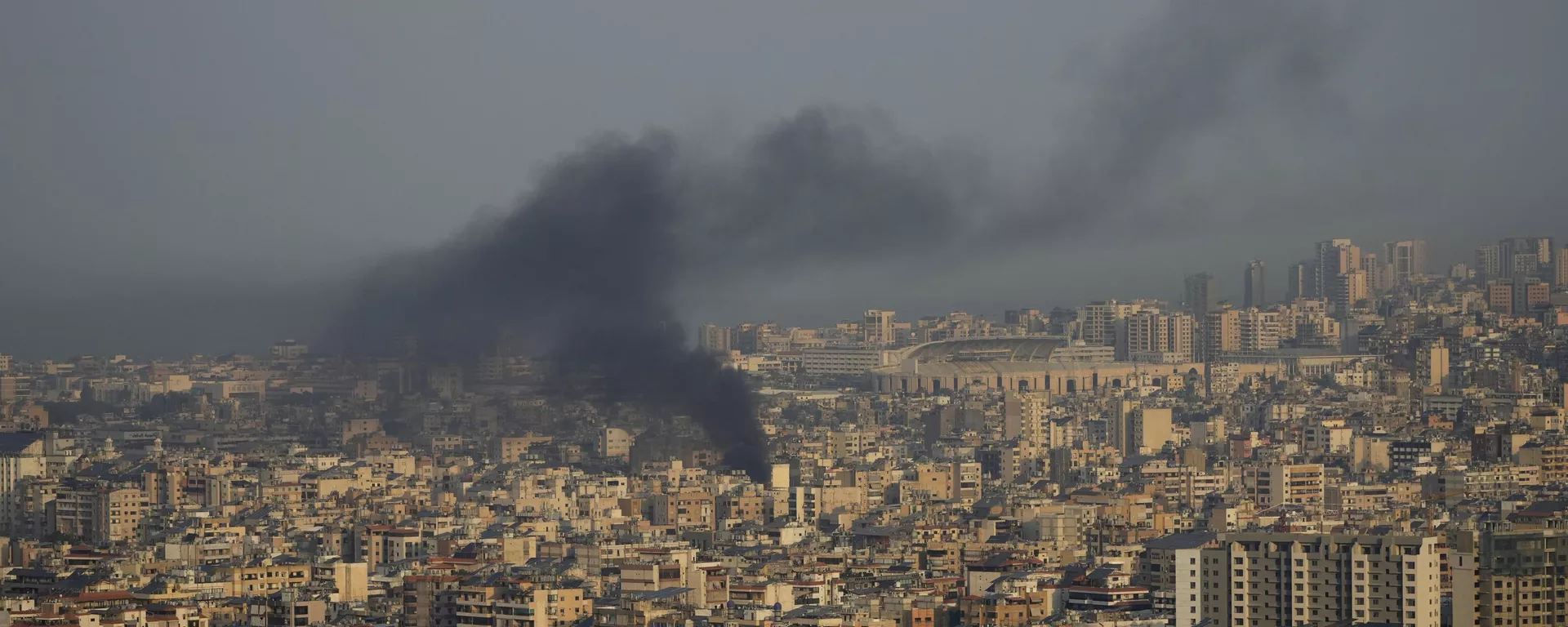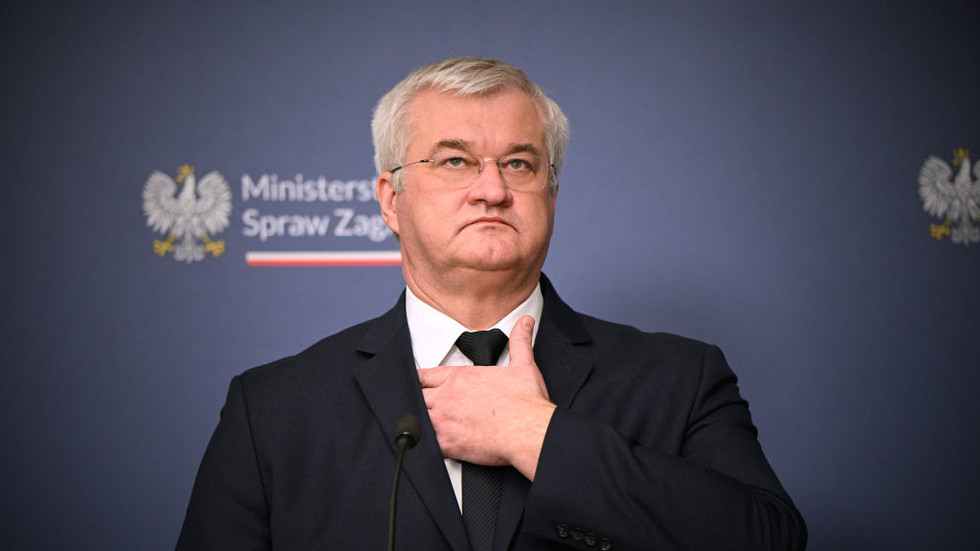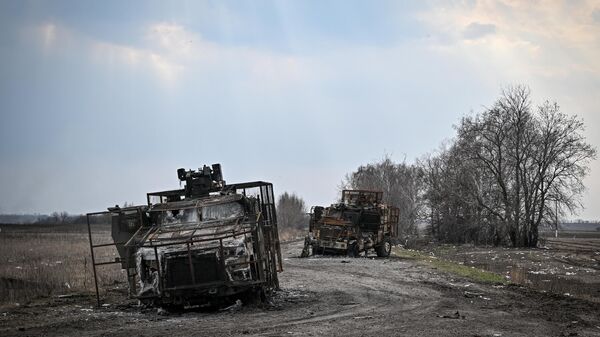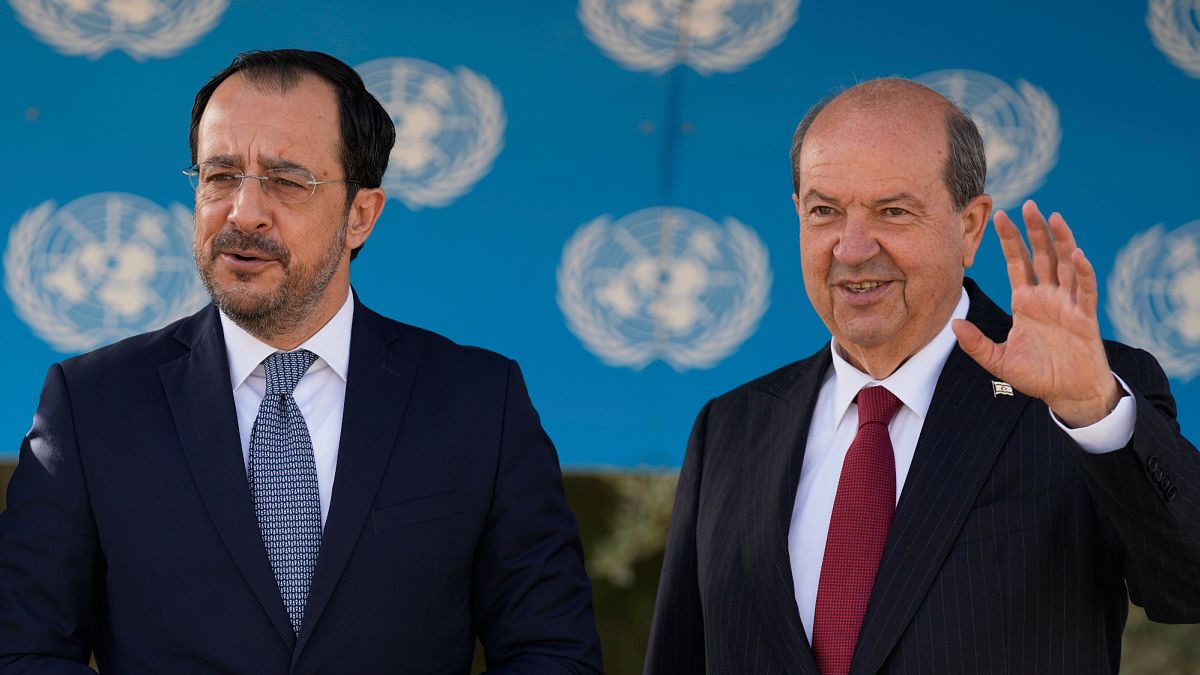US President Joe Biden's envoy Amos Hochstein will visit Beirut to explore a diplomatic solution to the ongoing conflict. Ahead of the visit, Israel reportedly gave the US a list of its main demands for ending its aggression against Lebanon.
The Lebanese government will not submit to Israeli demands for a buffer zone on its side of the border, an expert has said.
It is “unrealistic” to think Lebanon as a state would accept
US-Israeli demands to create a security belt in its southern border area, Rome-based analyst
Dr Lorenzo Trombetta told Sputnik.
“Not in these terms. Lebanon won't accept,” said Trombetta.
The UN Consultant on the Middle East noted that Lebanon is led by a “composite consensus of elites including Hezbollah.”
When acting Lebanese Prime Minister Najib Mikati, Speaker of Parliament Nabih Berri and other "sectarian" political leaders discuss Israeli demands with US envoy Amos Hochstein in Beirut, “each one of them is negotiating on two different aspects,” he explained.
“The first one is the institution, the state," Trombetta argued. "Lebanon as a state, of course, won't agree to the idea that Israel, through the Resolution 1701, will create a security belt in south Lebanon to protect northern Galilee.”
The consultant added that the United Nations (UN) Security Council resolution 1701 following the last Israeli invasion in 2006 is based on ambiguity, as the Lebanese army has never really been a “credible entity.”
Resolution 1701 adopted in 2006 was to authorize an increase of force strength of the UN Interim Force in Lebanon (UNIFIL) to a maximum of 15,000 troops. The force is meant to monitor the ceasefire, support the Lebanese Armed Forces (LAF) as Israel withdrew from southern Lebanon and ensure the safe return of displaced people.
For Israel, its demands are part of its politically important push towards "its strategic objective to acquire the water energy resources of the Litani and the Awali rivers and to expand as much as possible their influence under direct control in south Lebanon, not only for securing peace in Galilee, as they say, but also to have a better influence beyond their actual border,” Trombetta stressed.
“But if we consider the governance context, Mikati, for instance, is a very influential financial representative," he noted, "more tied to European and US agendas.”
“Berri himself is a tactical ally of Hezbollah. He has an interest in staying in power, no matter what will happen after this war," the pundit speculated. "So Nabih Berri is very cautious in looking at what's happening on the ground in the south. If Hezbollah would be defeated, it will be also defeated politically inside Lebanon.”
According to Trombetta, Berri would likely “refuse the Israeli demands that are unrealistic, but will be open to discuss a new Lebanon without Hezbollah in the future.”
“The state would refuse the Israeli demands, but of course Berri and Mikati are very in line with the idea of negotiation," he stressed. "The Lebanon of tomorrow could be the Lebanon of Mikati and Berri themselves."
While Hezbollah is not outside the discussion, after the
killing of its Secretary-General Hassan Nasrallah Berri and Mikati are “experiencing a wider space of maneuver,” Trombetta said.
Under another scenario where even a weakened Hezbollah would remain dominant in the country, Berri and Mikati “will continue to play the actual role of negotiators in the transition phase. In both scenarios, Mikati and Berri will continue to negotiate with all parties with their different respective areas of interest,” he argued.

 5 months ago
54
5 months ago
54







 We deliver critical software at unparalleled value and speed to help your business thrive
We deliver critical software at unparalleled value and speed to help your business thrive






 English (US) ·
English (US) ·